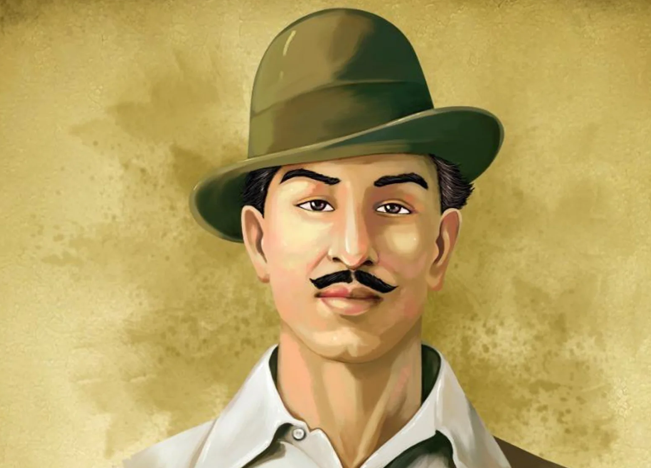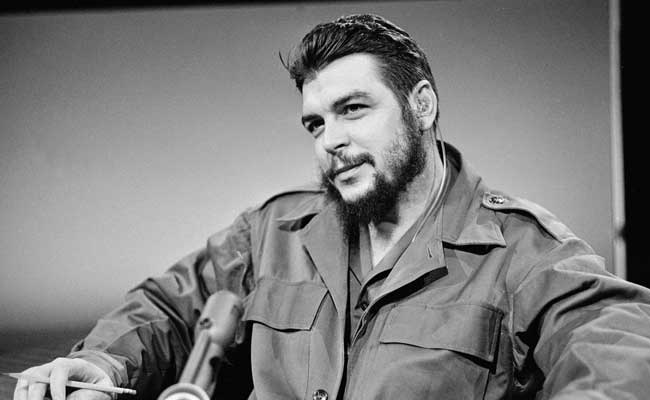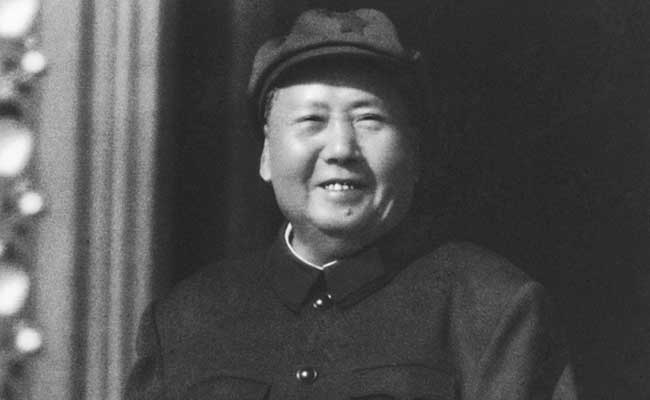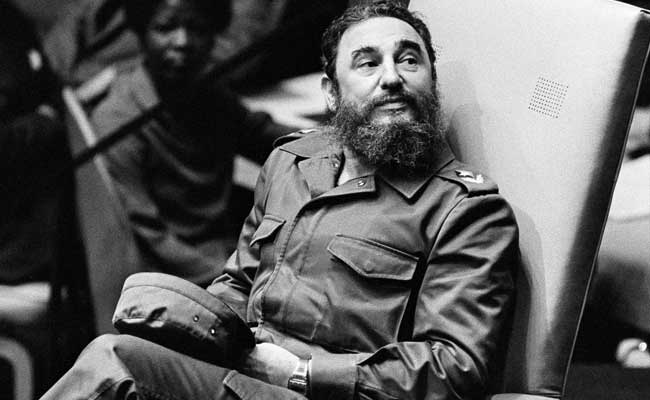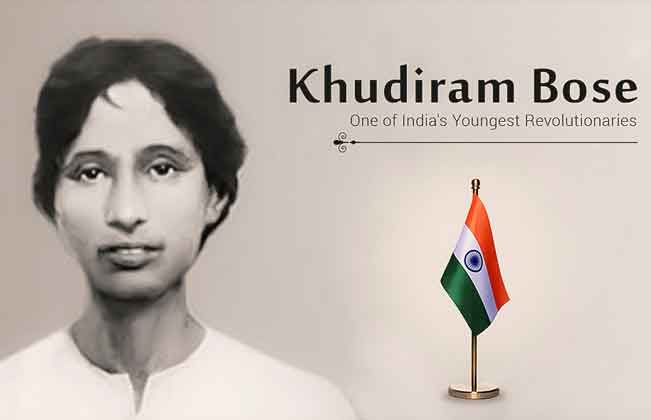Bhagat Singh was a revolutionary Indian socialist and a freedom fighter who was instrumental in the struggle for India’s independence from British colonial rule. He was born on 28 September 1907, in the village of Banga, which is now part of present-day Pakistan. His father, Kishan Singh, was a farmer, and his mother, Vidyavati Kaur, was a homemaker.
Bhagat Singh was a precocious child who showed great intellectual potential at an early age. He was deeply influenced by the Indian independence movement and the writings of socialist thinkers like Karl Marx and Friedrich Engels. He joined the Hindustan Socialist Republican Association (HSRA) at the age of 18 and became one of its most prominent leaders.
Bhagat Singh’s first major act of defiance against the British colonial authorities came in 1928, when he and his associates threw bombs in the Central Legislative Assembly in Delhi. The bombs were not intended to harm anyone but were meant to protest against the repressive British rule in India. Singh and his associates were arrested and put on trial for their actions.
During his trial, Bhagat Singh famously declared that he did not believe in violence but that he was willing to sacrifice his life for the cause of India’s freedom. He said, “I am not a terrorist and I never was, except perhaps in the beginning of my revolutionary career. And I am convinced that we cannot gain anything through those methods.”
Bhagat Singh and his associates were sentenced to death, and they were hanged on 23 March 1931. Their execution sparked widespread outrage across India and led to a renewed push for independence. Bhagat Singh became a martyr for the cause of Indian freedom, and his legacy has inspired generations of Indians to fight for their rights and freedoms.
One of Bhagat Singh’s most enduring legacies is his commitment to socialism and the idea of a just and equal society. He believed that economic and social inequality was a major obstacle to India’s freedom and that it was the responsibility of the government to provide for the basic needs of all its citizens. He argued that a socialist revolution was necessary to create a society where everyone had access to education, healthcare, and basic necessities like food and shelter.
![]()

